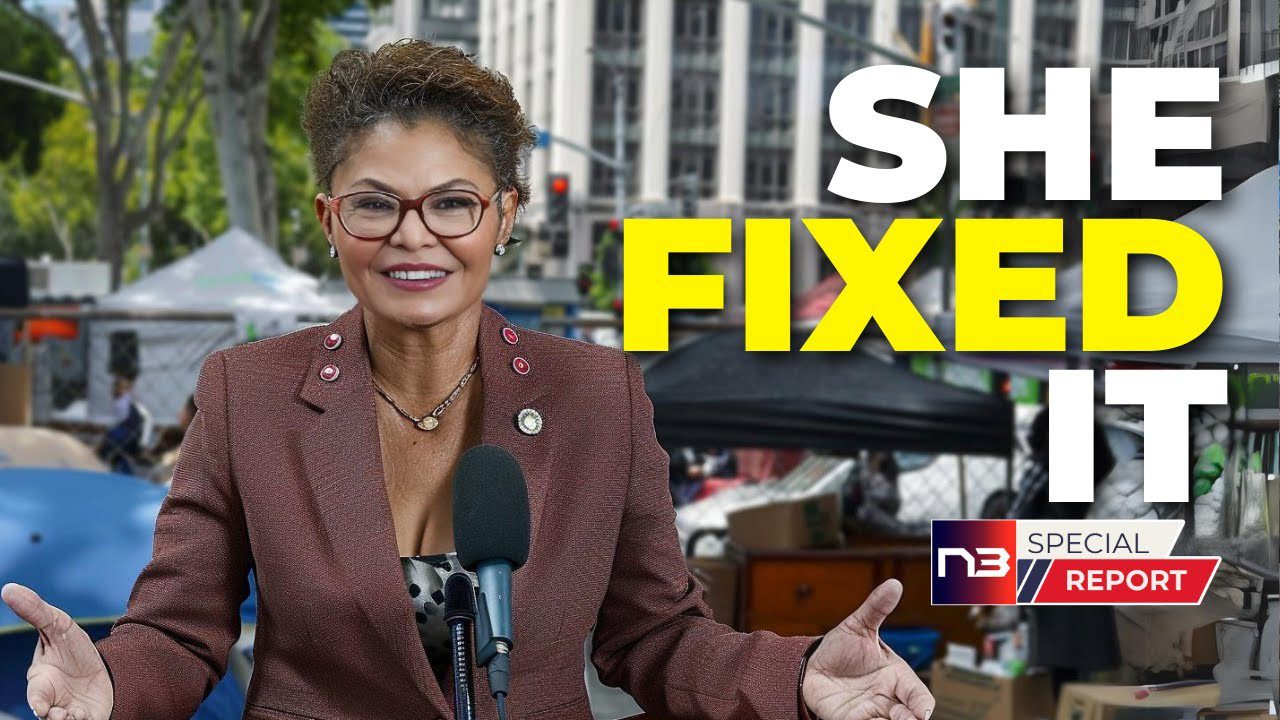In the simmering heart of Kips Bay, New York, the unexpected repercussions of the pandemic and tenant rights measures have boiled over into tragedy. Two teenagers, wanted for the brutal killing of 52-year-old Nadia Vitels, are now in custody, revealing a grim side to the rising trend of squatting that is plaguing American cities. When Vitels made a shocking discovery of the pair unlawfully inhabiting her late mother’s apartment, little did she know that it would lead to a horrifying fate.
Nadia Vitels’ altercation with teenagers Halley Tejada, 19, and Kensly Alston, 18, escalated dramatically, culminating in her death as confirmed by the medical examiner. Found confined to a duffle bag located inside the same apartment, Vitels’ autopsy revealed that she had been subjected to severe blunt force trauma leading to multiple facial fractures, a brain bleed, and broken ribs.
The unsuspecting end to this brutal saga came with the detainment of Tejada and Alston following a car accident in Pennsylvania. The car they were driving, as it turns out, belonged to Vitels. The U.S. Marshals Service Fugitive Task Force, in its official press release, confirmed the arrest of the duo on charges of receiving stolen property. They are now under investigation, identified as “persons of interest” in Vitels’ murder, and face the possibility of extradition back to New York.
However, the unsettling reality is that the Vitels case is not an isolated incident. Squatting, a socio-urban issue that has seen a spike since the COVID-19 pandemic, is contributing to what could be described as a widespread housing crisis. Adding fuel to this growing calamity is the weight of requirements set by eviction moratoriums and a seemingly well-intended – albeit arguably misguided – push for tenants’ rights by left-leaning factions. Such actions are inadvertently empowering squatters and leaving property owners helpless.
One glaring example is the case of Adele Andaloro, a resident of Queens, New York, who was arrested for “unlawful eviction” after she changed the locks to her own million-dollar property, which had been invaded by squatters. The law, empathizing more with the squatters who had attained rights after mere 30 days, hand tied Andaloro, stamping her efforts to claim her own property as illegal. Holds true for all other property owners in New York, embroiling them in a long and complicated eviction battle that can last for months or even years.
Towns across America, including Philadelphia, Los Angeles, and Atlanta, are being swept up in this unsettling trend, and politicians are beginning to take notice. Lawmakers are pushing for legislation like Florida’s HB 621 and Alabama’s HB 182 that allows propertyowners more legal rights to counteract the problem. These legislations provide immediate law enforcement intervention and even potential criminal penalties on calling for property owners against squatters.
In the tragic tale of Nadia Vitels, we find a stark confrontation with the unforeseen side-effects of pandemic-related policies and a dire need for legislation that protects property owners’ rights. As the squatter phenomenon escalates into broader social and legal crises, pro-property legislative responses remain critical. The Vitels case is a chilling illustration of a much larger problem, and the urgency to address rising squatting problem is imperative. The balance of property rights and tenants’ rights must be recalibrated, not for the sake of politics, but in the interest of human safety and the preservation of the core tenets of personal freedom and ownership that underpin our society.

















